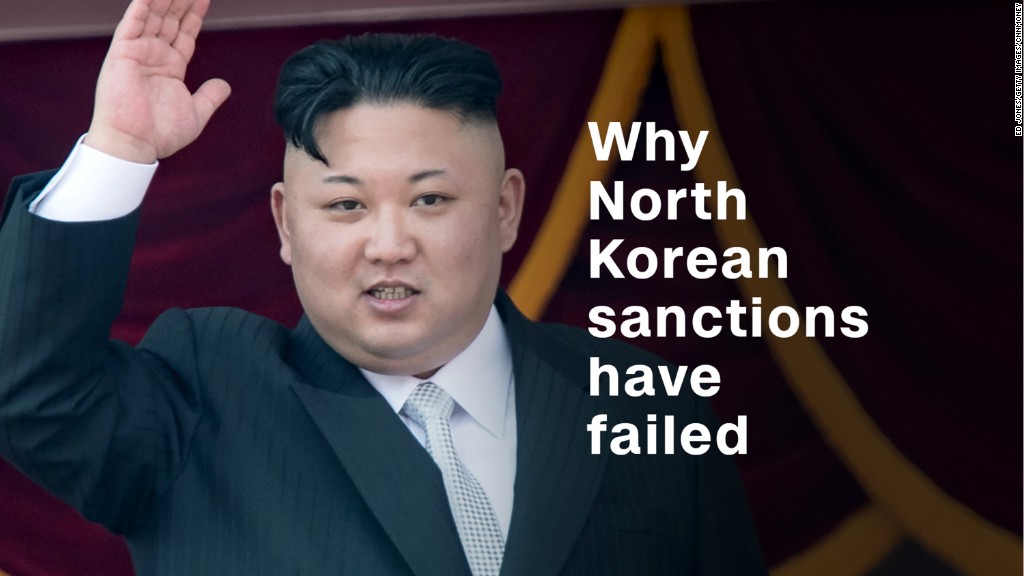
The Trump administration on Wednesday imposed a new round of sanctions, this time on eight key ISIS and al Qaeda leaders and a supermarket that supports terrorism in Yemen.
Treasury Secretary Steven Mnuchin announced the measures during a speech in Riyadh, Saudi Arabia, as part of a six-day trip to the Middle East aimed at bolstering cooperation in curbing terrorism financing.
The latest round of economic warfare was coordinated with Saudi Arabia, the United Arab Emirates, Kuwait, Oman, the Kingdom of Bahrain and Qatar, making it the largest multinational sanction in the Middle East, Mnuchin said.
"This bold and innovative multilateral approach is needed because terrorism poses a threat to all of our nations," said Mnuchin. "It is critical that we come together to combat this."
The deal builds on a prior agreement reached during President Trump's visit to Riyadh in May. That pact created a center to coordinate the efforts of all seven countries to undermine the financing of terrorist groups.
The White House has prioritized using such economic tools to combat rogue regimes like North Korea and terrorist organizations, like ISIS. The administration has been working to tamp down on terror attacks by cutting off their access to an expansive network of fundraisers, recruiters and operators.
Mnuchin said ISIS has raised hundreds of millions of dollars through the theft of oil, kidnapping and extortion, and targeted sanctions by the U.S. have helped to reduce the flow of capital to the terrorist organization.
"We are focused on maximizing the use of our expansive economic authorities, intelligence, and other sources of financial information to target and interrupt the financing of those who execute and facilitate these deadly attacks and other destabilizing activities," said Mnuchin.
Related: Did China just break its promise not to buy North Korea coal?
The group of countries designated eight key ISIS and al Qaeda leaders operating in Yemen, including Abu Sulayman al-Adani, a top ISIS leader in Yemen and Khalid al-Marfadi, who has been in charge of the movements of ISIS fighters.
Some of the men designated have acted as arms dealers helping to smuggle weapons to secret locations and storage depots in the country, while another has acted as a military and chief financial officer for ISIS.
They also designated a supermarket and four of its stores, which are run by one of the ISIS weapons dealers on the U.S. list.
Speaking with reporters on a conference call, a senior administration official said the U.S. had proposed a lengthier list of individuals and entities supporting the terrorist groups in the country, but other countries asked for certain names to be removed for various reasons.
"It is absolutely the case we had additional targets we wanted to go after but some of the countries didn't want [to]," said the senior administration official.
Related: U.S. slaps sanctions on 8 North Korean banks
The senior administration official acknowledged that the enforcement of such sanctions by each country is voluntary, but noted there is "political will" by each of the countries to shut off the terror financing spigot.
"It is not a trivial matter," said the senior administration official. "We have shut down their ability to travel, to actually do that [kind of] fundraising."


